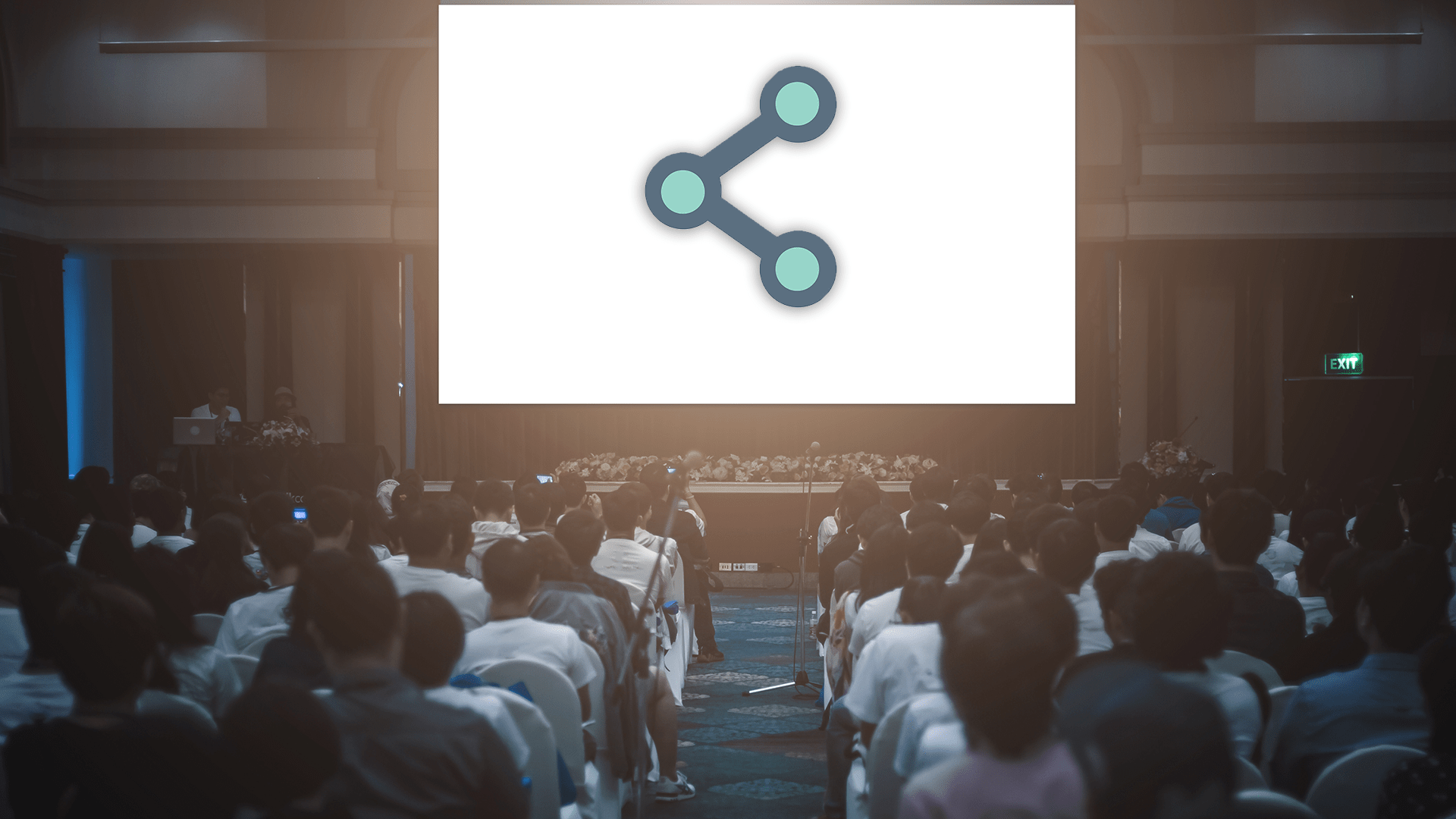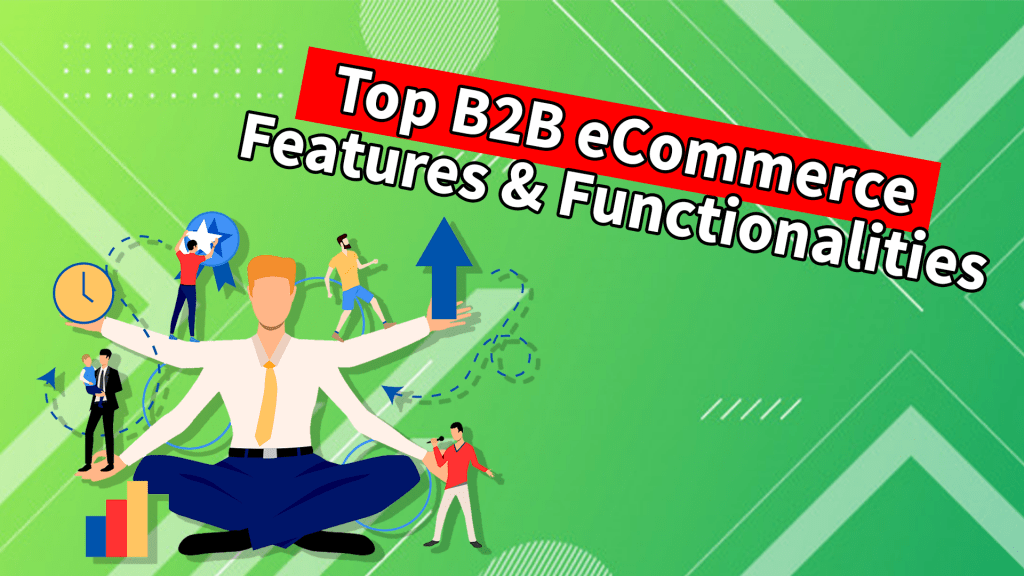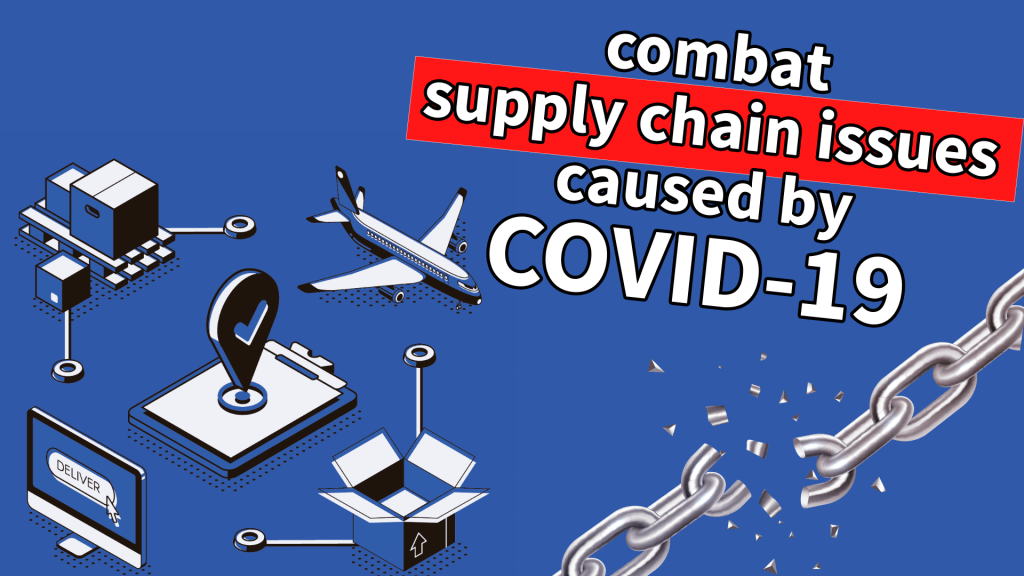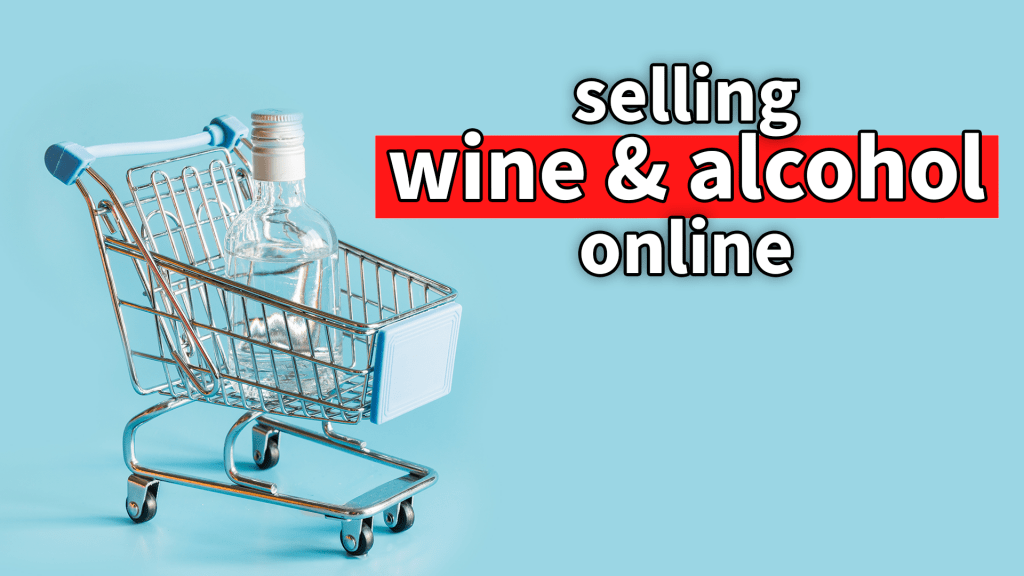If you are doing any kind of trade show, conference, local event or experiential marketing, this is for you.
Prepare Your Marketing Campaign
Local and national events have started to take a lot of traction because learning is a big part of what’s happening in the business industry right now. You might be running a conference for the machinery industry or for the flooring industry. Let’s say this might be a national conference or you might want to do a local event, like a very basic local event in your own city. Setting a purpose makes a difference.
When you’re building the marketing strategy in trying to get traffic to your site, to your event or you’re trying to get people to register for your event, your purpose is very, very important, and if you are trying to monetize and how you are trying to monetize, so let’s start from the smallest to the largest.
Event Marketing Plans
If I’m trying to do a very basic local event, what are my options? What would you ask me first before you actually build a plan for me to market that event?
The first question is, “What’s the objective?” That always has to be the first question.
Am I trying to monetize this event through merely ticket sales? Am I trying to generate leads from this event, so, overall, what is my objective? It could be even just brand awareness really.
Find out what the objective is before you go ahead and start building out a strategy. That’s step number one.
Let’s say it’s a local event, people nationwide are going to be attending this event and I am trying to make money from ticket sales. What are my options if I’m trying to have a local conference or a trade show or an event? Ideally, they’re the same thing.
What are my options in terms of building traffic? First of all, what kind of structure do I need? Second of all, what should be my marketing mediums?
Since it is an event, it’s most likely in the near future, near to intermediate future. You really are limited on options. SEO is out of the question, so, really, it’s content marketing through social platforms, through PPC. That’s really your top channels right there because you’re trying to generate visibility and traffic in a short period of time.
Targeting the Right Audience for Your Convention
Let’s break it down. First of all, know the objective of your event, trade show or conference. Find the incentive for yourself and your guests.
Most of these occasions make money from ticket sales, booths, and sponsorships. You have to organize that. You might have an existing conference or trade show and you’re looking to bring more traffic.
If you are trying to target a local event, you can use something like an Eventbrite and you can charge for that. Or you can create an event on Facebook and you can charge for that. The website does some integrations. I think they charge 3- 4% and they add it on top of the ticket sales, and you can create your entire landing page on that platform and market it on that platform.
Such a campaign will get some eyes on you. You can make it a premium event or open to all, but you will need a website. You will need to be visible, so the different aspects play into the conversation then.
Generating Buzz With Social Media
If you are currently organizing or plan on organizing a conference or a trade show, you need a WordPress website with the content, with the descriptions of everything that you’re doing, the agenda and speakers on schedule. You want to leverage the different content that you generate for and within that conference.
The more content you have, the more angles you will have to market. Content marketing and SEO are a big part of this, so, if I’m organizing a trade show or a conference, how can I get traffic from Google for people who are looking for a conference like that?
I need to make sure that I’m consistently publishing content on my site that is relevant to the industry that of the attendees that I’m potentially trying to get. Again, SEO will only work if this is an ongoing conference. The first time that I’m launching this conference, I’m going to have to pay to get some visibility. I can potentially leverage my sponsors that already have existing sites, that already have an existing following of my desired attendee.
On my site, however, it’s going to be very difficult to get that exposure initially. I’m going to have to implement a paid strategy while, in parallel, start building my SEO, but it might not be till year two that I start actually generating some organic traffic and organic visibility that turn into an attendee’s actual ticket sales.
SEO and content marketing are definitely part of it. You want to invest in both. It depends on if you’re a brand new conference or an event or a trade show or if you’ve been in business and you’ve been doing this for a while.
It doesn’t really matter how many attendees you have. You could have ten or a thousand attendees. It doesn’t change what you have to do.
You might be doing a very unique mastermind. That’s another keyword. You need to find out what you can dominate in terms of SEO.
That’s another thing that a lot of people are doing right now. Instead of charging $500 for a day of conference time, a lot of people are doing these masterminds. They charge $10,000 for three days, and it works because a lot of this, again, is networking, so you want to take advantage of that angle, so content marketing is one.
Let’s talk about paid search. I might maybe need to see a conference 15, 20, 25 times before I decided to go to it, so retargeting is a big part of this.
Is it more Google AdWords, YouTube, Google Network or is it more Facebook or both?
It’s a little bit of both, but, at the end of the day, it depends on your target demographic. If you have somewhat of a younger target demographic, social is definitely going to outweigh PPC. If they’re slightly older, those individuals are a little bit more inclined to see a banner ad or a retargeting display out on another website and potentially visit. Know who your desired target demogra[joc is, what channels they’re frequently on, what platforms they’re frequently using to make that decision.
We have a couple of clients who manage and organize conferences, and one of the biggest challenges is actually getting new people to attend these conferences. A significant improvement point is that they want somebody to see the ad and they want them to sign up for the event. It’s not going to work like that.
That’s why we are suggesting that retargeting is going to be a big part of this. If you’re already pulling in 10,000, 50,000, 100,000 people to the site through, let’s say, Google Search, Facebook, or AdWords, you’re going to have to make sure that you have a nurture funnel.
Why? From the first time that they see that all the way to the third, fourth or fifth time, it is going to take time for them to make that decision to actually go ahead, apply, sign up and pay for that event. You have to have their internal nurture funnel to guide them along the way.
Do most of our clients have this?
I wouldn’t say most, but we definitely are heading to that 100% mark. We’re getting all of them the proper nurture funnels in place, at least the ones that have the budget to build it out. That’s what you want. That’s what you need, but, unfortunately, not everybody has that in place.
Are you ready to scale your ad spend or scale your conference or trade show? First, have a nurture funnel in place. We talked about content marketing as well as paid search with Facebook and Google AdWords and retargeting.
Prepare Your Industry Event
Let’s say I did all of the above. What other options do I have in terms of targeting a conference or a trade show or a local event?
Another form would be relationship-building, establishing relationships with individuals or corporations or communities that are similar to the attendee lists that you’re seeking. Hit up LinkedIn or Facebook for professional groups or alumni. If you want to go beyond social media, hit up other conferences.
If I’m hosting a niched conference for doctors, I need to make sure that I’m actively trying to establish relationships with doctors in the local community with any possible organizations that consist of doctors. That means finding their professional groups online and offline.
Build relationships with other conferences that currently manage any kind of relationship with doctors or doctor groups. Contact pharmaceutical companies because they have a lot of access to doctors. Sponsor other conferences where you want to poach attendees.
This last one may prove complicated. It all comes down to just establishing a strategic partnership. One option is contacting another noncompeting conference with somewhat of a similar target demographic. Just exchange some sponsorships and engage in quid pro quo.
To be honest, I think all three of these relationship-building strategic partnerships are one and the same. They go hand in hand with content marketing, SEO and PPC. All these things should be run in parallel with one another.
What is one overlooked part of marketing materials?
Collecting content is often overlooked. Record and you write down every single talk that you have, every single session because this is all content. Reuse that content for different purposes.
This is one of the most important things we advise and consult different conferences and different events. They don’t record it, store videos, or even sometimes take pictures in the events. It’s shocking to us; every single content that you can grab is going to be very valuable for you later down the road. When you actually want to scale your marketing efforts, you’ll have vital audio-visuals.
You need to do online PR. It’s crucial. You need to be mentioned in different magazines: Inc., Forbes, Harvard, Yale, or even Fortune.
We create specific packages for our clients for this as well. It all depends on, again, your target demographic and the type of conference or event.
Very important, last, last thing, optimize your value proposition. Your content needs to be really, really good and your value proposition needs to be communicated directly. We’ll talk to you guys next week.
Need help promoting your next event?






